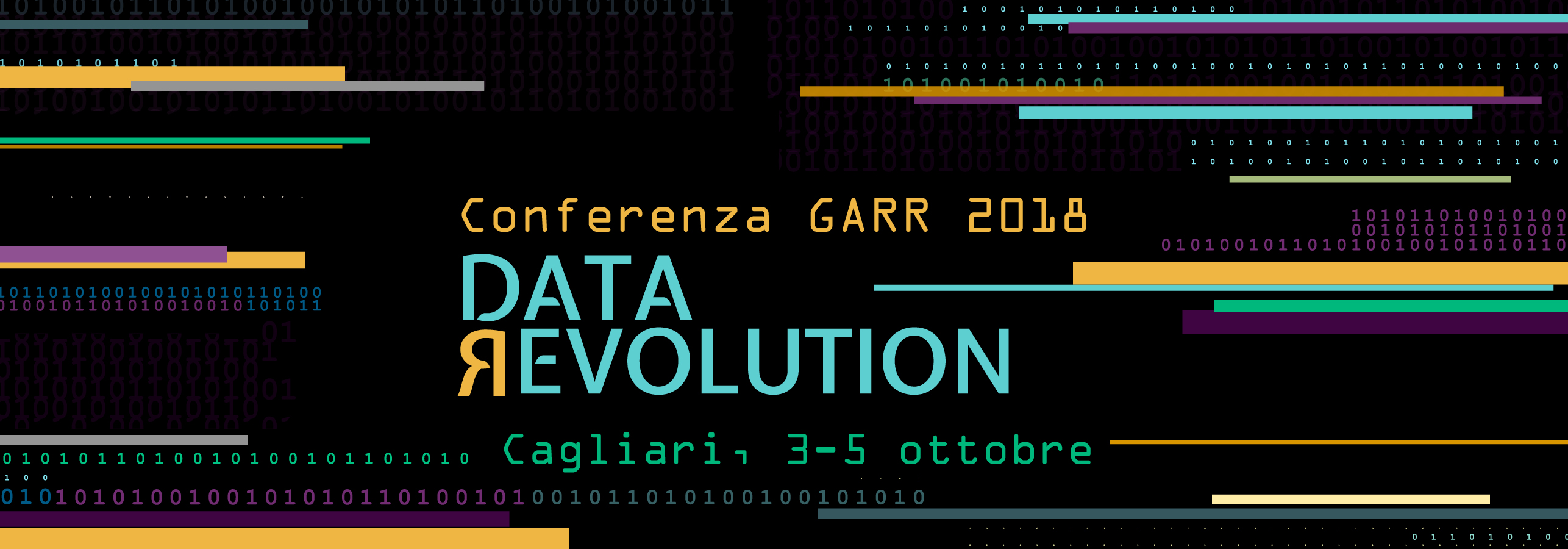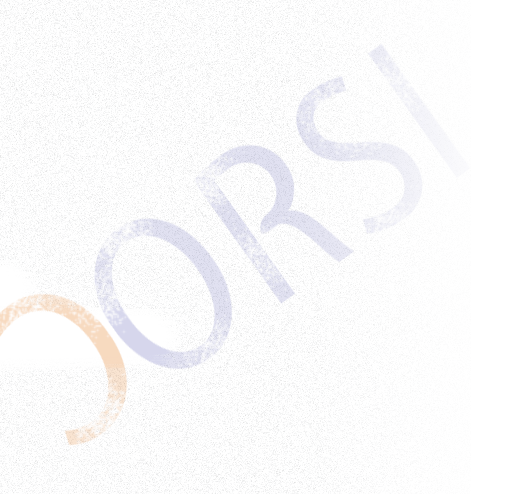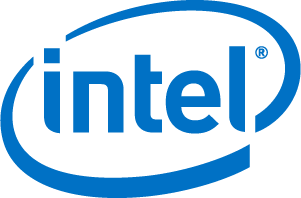Emanuele Frontoni
- Università Politecnica delle Marche
- https://www.univpm.it/
Ottimizzazione della produzione e della logistica per il riuso di componenti obsolete nell'industria degli accessori moda
 Emanuele Frontoni, professore di Informatica e di Computer Vision del Dipartimento di Ingegneria dell’Informazione dell’Università Politecnica delle Marche, svolge la sue attività di ricerca nel settore dell’intelligenza artificiale e della visione, dell’analisi del comportamento umano, della realtà aumentata e degli spazi sensibili. E’ autore di otre 120 articoli internazionali nel suo settore di ricerca e collabora con aziende nazionali e internazionali in attività di trasferimento tecnologico e di innovazione.
Emanuele Frontoni, professore di Informatica e di Computer Vision del Dipartimento di Ingegneria dell’Informazione dell’Università Politecnica delle Marche, svolge la sue attività di ricerca nel settore dell’intelligenza artificiale e della visione, dell’analisi del comportamento umano, della realtà aumentata e degli spazi sensibili. E’ autore di otre 120 articoli internazionali nel suo settore di ricerca e collabora con aziende nazionali e internazionali in attività di trasferimento tecnologico e di innovazione.
 Emanuele Frontoni, professor of Computer Science and Computer Vision of the Department of Information Engineering of Università Politecnica delle Marche, carries out his research activities in the field of artificial intelligence and vision, analysis of human behavior, augmented reality and sensitive spaces. He is the author of more than 120 international articles in his research field and collaborates with national and international companies in activities of technology transfer and innovation.
Emanuele Frontoni, professor of Computer Science and Computer Vision of the Department of Information Engineering of Università Politecnica delle Marche, carries out his research activities in the field of artificial intelligence and vision, analysis of human behavior, augmented reality and sensitive spaces. He is the author of more than 120 international articles in his research field and collaborates with national and international companies in activities of technology transfer and innovation.
SESSIONE 6. INDUSTRIA 4.0 E IOT
Ottimizzazione della produzione e della logistica per il riuso di componenti obsolete nell’industria degli accessori moda
 Il mercato della moda è in continuo movimento e ha variazioni continue della domanda e dell’offerta in quantità e qualità. Anche il mercato degli accessori moda e in particolare degli occhiali ha le stesse caratteristiche. Questa variabilità del mercato porta a dover gestire in modo accurato sia la produzione che l’approvvigionamento di materie prime, nonché la gestione della logistica per il trasporto di componenti nelle varie sedi di stoccaggio che possono essere dislocate in continenti diversi. Questo lavoro presenta una architettura software con all’interno un modulo di ricerca operativa atto per creare un Decision Support System (DSS) in grado di mostrare il miglior piano produzione per massimizzare il profitto oppure un ventaglio di soluzioni da vagliare in base ad un determinato trade-off. In questo articolo è stato analizzato e studiato un caso reale fornito da un’azienda leader nel settore della produzione di occhiali.
Il mercato della moda è in continuo movimento e ha variazioni continue della domanda e dell’offerta in quantità e qualità. Anche il mercato degli accessori moda e in particolare degli occhiali ha le stesse caratteristiche. Questa variabilità del mercato porta a dover gestire in modo accurato sia la produzione che l’approvvigionamento di materie prime, nonché la gestione della logistica per il trasporto di componenti nelle varie sedi di stoccaggio che possono essere dislocate in continenti diversi. Questo lavoro presenta una architettura software con all’interno un modulo di ricerca operativa atto per creare un Decision Support System (DSS) in grado di mostrare il miglior piano produzione per massimizzare il profitto oppure un ventaglio di soluzioni da vagliare in base ad un determinato trade-off. In questo articolo è stato analizzato e studiato un caso reale fornito da un’azienda leader nel settore della produzione di occhiali.
Optimisation of production and logistics for the reuse of obsolete components in the fashion accessories industry
 The fashion market is constantly moving and has continuous variations in supply and demand in quantity and quality. The market for accessories and, in particular, for glasses also has the same characteristics. This market variability leads to the need to accurately manage both the production and supply of raw materials, as well as the logistics management for the transport of components in the various storage locations that can be located in different continents. This is a decision support program (DSS) that can prove the best plan to maximize profit or a range of solutions based on a specific trade-off. In this article a real case of a leading company in the eyewear production sector has been analyzed and studied.
The fashion market is constantly moving and has continuous variations in supply and demand in quantity and quality. The market for accessories and, in particular, for glasses also has the same characteristics. This market variability leads to the need to accurately manage both the production and supply of raw materials, as well as the logistics management for the transport of components in the various storage locations that can be located in different continents. This is a decision support program (DSS) that can prove the best plan to maximize profit or a range of solutions based on a specific trade-off. In this article a real case of a leading company in the eyewear production sector has been analyzed and studied.

















